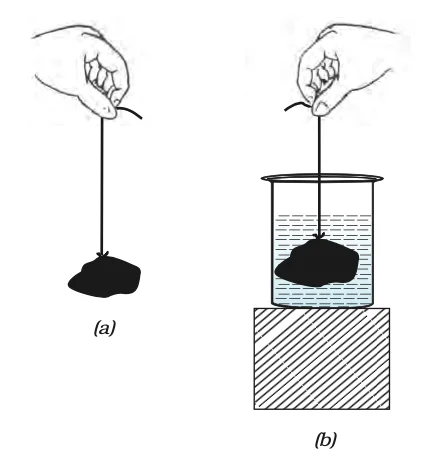![]() 14 Dec 2023
14 Dec 2023
Archimedes’ Principle, formulated by the ancient Greek mathematician and scientist Archimedes, states that a body immersed in a fluid experiences an upward buoyant force equal to the weight of the fluid it displaces. Archimedes’ insight, famously demonstrated in his “Eureka” moment, laid the groundwork for understanding fluid mechanics and has widespread applications, from ship design to the functioning of hot air balloons. The principle remains a cornerstone in physics, particularly in the study of fluids and floating bodies.

|
Archimedes
|
|---|
<div class="new-fform">
</div>